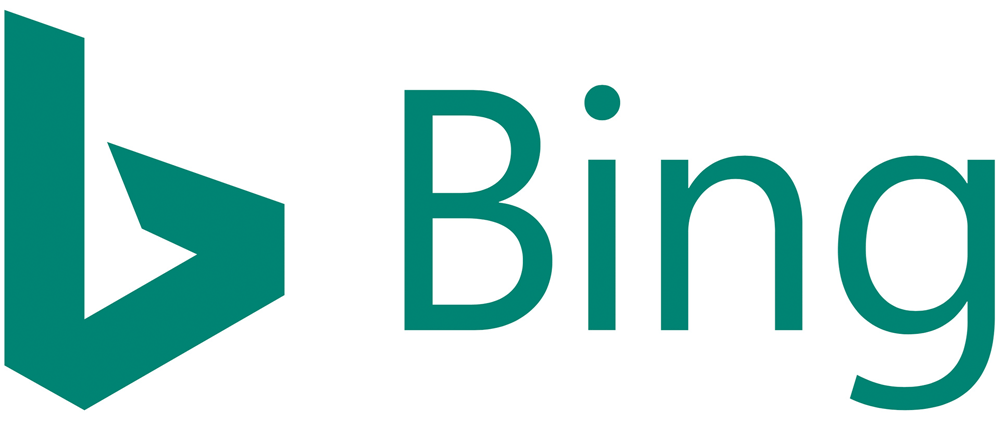You would be surprised how much bigger Bing is than you think

Bing is perceived as many things, but successful has never been one of them.
Yet the little search engine that could have actually been making good over many years, reaching profitability two years ago in 2015 and has only gone from strength to strength since.
Now Microsoft has released some new numbers showing just how well the search engine has been doing, and it makes for very interesting reading.
According to the stats, which are largely based on Comscore data, Bing now has 33% desktop market share in US, taking a full 1/3 of the market in March 2017.
It is its worldwide share which is very surprising, however, with Microsoft now claiming 9% market share worldwide, serving 12 billion queries per month. Microsoft’s best markets are those traditionally English-speaking, with Bing having 26% market share in UK, 17% in Canada and 12% in Australia, but also 24% in Taiwan, 19% in Hong Kong and 19% in France.
Bing is heading to $5 billion revenue per year, beating many Internet stalwarts like Twitter, and has had 30-40% YoY growth over the last year, largely driven by the growth in Windows 10 deployment, according to Steve Sirich General Manager of Bing Ads.
Advertisers should pay attention – Microsoft says their audience tends to be older and more affluent, with more spending power, and are largely grounded in enterprise and business users.
Bing’s best markets are the lucrative travel, retail and financial services, followed by automotive and consumer packaged goods.
Bing’s next trick is to leverage Microsoft’s new social network, LinkedIn, and hope to combine Bing’s intent graph, sourced from the search query, with LinkedIn’s 500 million strong audience and identity graph, offering advantages not available to Facebook or Google, who each has one side of the puzzle but not the other.
Microsoft is also looking towards the future, where it is expected that half of all searches will be done by voice, and are working to make Cortana conversational search and AI features more helpful and powerful.
Of course, Bing is still nearly nowhere in mobile, though of course through deals, Bing is the default search engine on the iPhone for example. The desktop is still, however, plays an important role in complex purchasing decisions which are the most valuable for those trying to influence those decision makers.
In short, advertisers who ignore Bing are doing themselves a massive disservice and missing out on a pretty large segment of valuable decision markets. Bing deserves another look.
Read our disclosure page to find out how can you help MSPoweruser sustain the editorial team Read more





User forum
0 messages